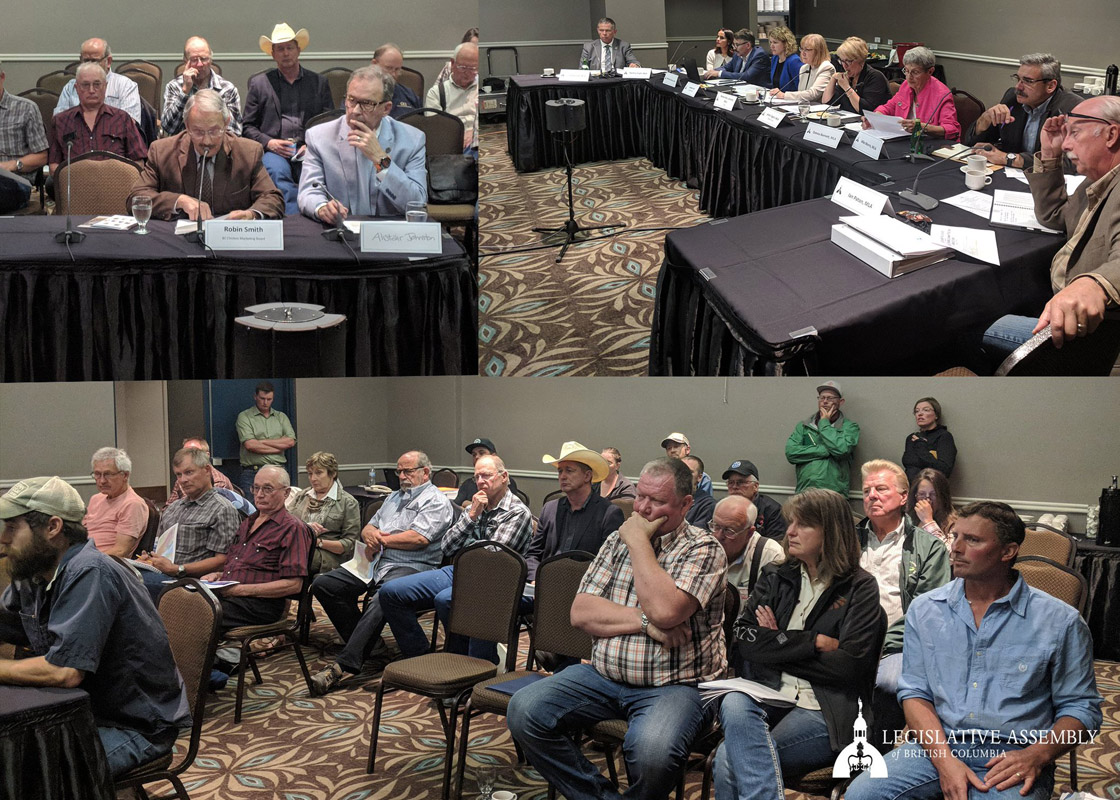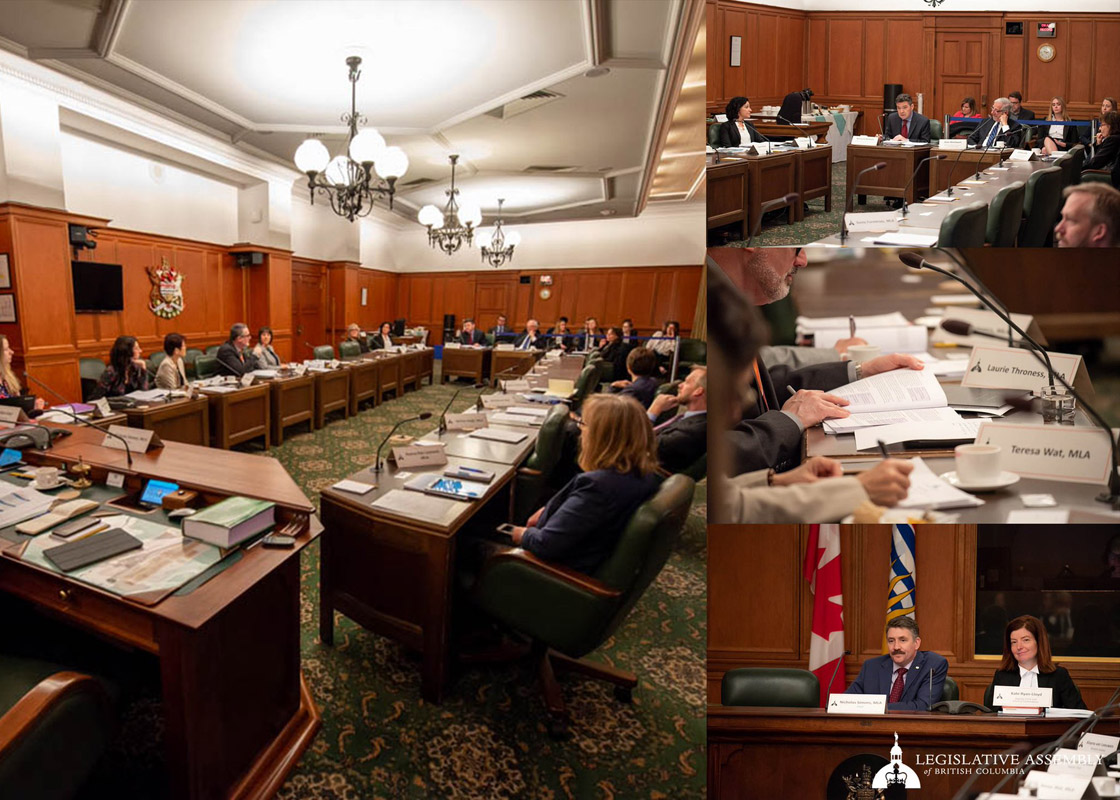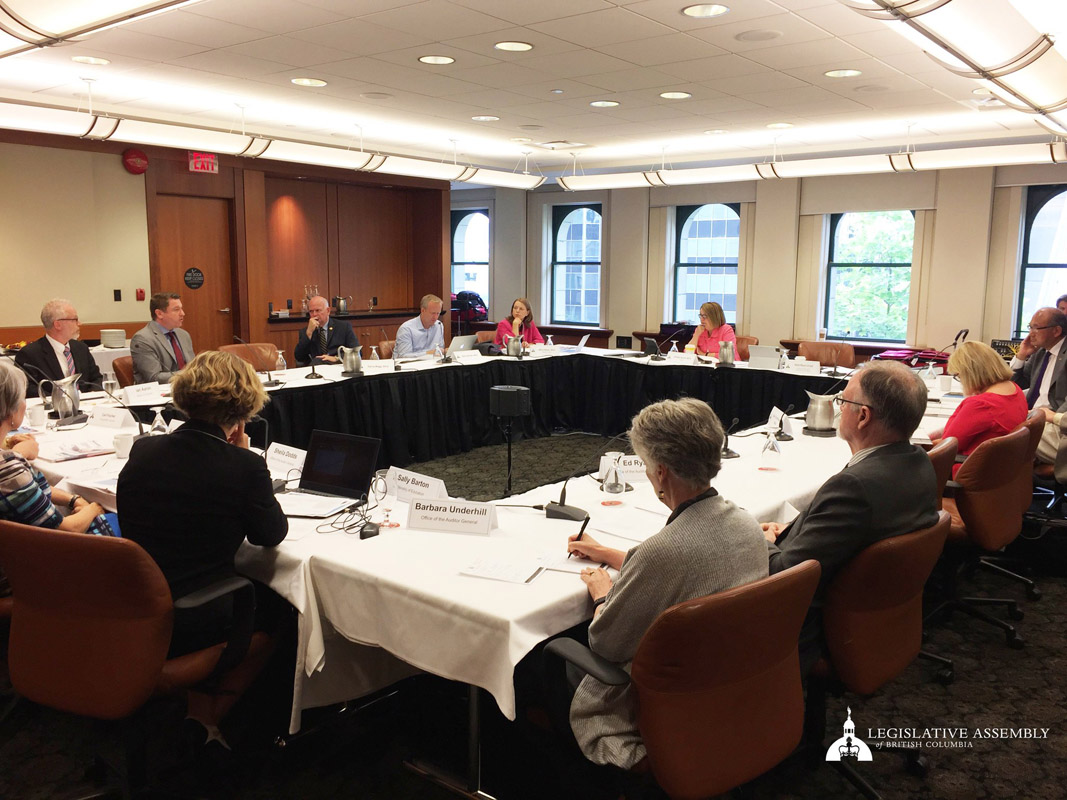There are lots of additional opportunities beyond Question Period and parliamentary committees that allow MLAs to hold the government accountable. They include:
Written Questions - Questions which otherwise would be too lengthy to ask or respond to orally are printed as written questions in the Orders of the Day. An answer to a written question can be given by any Cabinet minister.
Committee of the Whole - Consideration of Bills: All MLAs are members of this Committee and have an opportunity to ask questions to the government on its proposed legislation.
Committee of Supply - Consideration of the Estimates: All MLAs have an opportunity to ask the government questions about proposed spending for the fiscal year.
Motions on Notice - Members may place motions on notice in the Orders of the Day. These motions may be called for debate at future sittings, thereby affording MLAs the opportunity to scrutinize the government or debate matters put forward by the government.
Petitions - A fundamental concept of parliamentary democracy is the right of the public to access parliament by way of a petition presented by a Member for the redress of an alleged public grievance.
Public Bills in the Hands of Private Members - An MLA, on their own initiative, may introduce bills relating to matters of interest to the general public. These bills may be debated by the Assembly or motivate the government to react to the issue raised.
Debates - The Address in Reply to Speech from the Throne, the budget debate, and debates on government legislation and motions all provide additional opportunities for MLAs to identify issues with respect to government activity.
Tabling of Documents - The Legislative Assembly obtains and publicizes information about the government’s performance and future plans. By examining these documents, MLAs can assess whether the government is operating effectively and economically.



